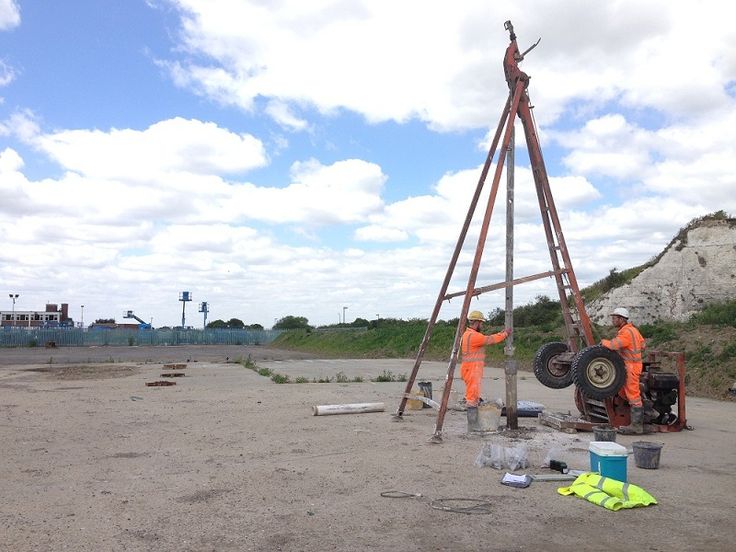In our rapidly changing world, the significance of environmental stewardship has never been more critical. As industries expand and urban areas develop, understanding the environmental implications of these activities is paramount. One of the key components of responsible development is conducting detailed site investigations detailed site investigation. But why are these investigations so essential? Let’s dive into the reasons behind their importance.

Understanding the Landscape
Detailed site investigations provide a comprehensive understanding of the physical, chemical, and biological characteristics of a specific area. By analyzing soil, water, and air quality, we can identify potential contaminants and assess the overall health of the environment. This foundational knowledge is crucial for making informed decisions about land use, development, and remediation.
Risk Assessment and Mitigation
One of the primary goals of a site investigation is to assess environmental risks. These assessments help identify potential hazards that could impact human health and ecosystems. For instance, contaminated sites can pose serious risks to drinking water supplies, local wildlife, and surrounding communities. By pinpointing these risks early, developers and stakeholders can implement strategies to mitigate them, ensuring safer outcomes for all involved.
Compliance with Regulations
Regulatory bodies often require thorough site investigations before any significant development or remediation project can begin. These regulations are in place to protect public health and the environment. Failing to conduct a detailed site investigation can lead to legal repercussions, project delays, and financial penalties. By adhering to these regulations, developers not only protect themselves but also contribute to the broader goal of environmental sustainability.
Informed Decision-Making
Detailed site investigations provide critical data that inform decision-making processes. Whether it’s determining the feasibility of a new construction project, evaluating the potential for habitat restoration, or planning for the long-term sustainability of a site, having accurate information is key. This data-driven approach helps stakeholders make choices that align with environmental best practices and community needs.
Enhancing Community Trust
Communities are increasingly concerned about the environmental impacts of nearby developments. Conducting thorough site investigations and transparently sharing findings can help build trust between developers and local residents. When communities see that developers are taking their environmental responsibilities seriously, it fosters a sense of collaboration and partnership, paving the way for more successful projects.
Sustainable Development Goals
In the context of global initiatives like the United Nations Sustainable Development Goals (SDGs), detailed site investigations play a pivotal role. They contribute to goals related to clean water and sanitation, responsible consumption and production, and sustainable cities and communities. By ensuring that development is conducted with an awareness of environmental impacts, we can work towards a more sustainable future.
Conclusion
In conclusion, detailed site investigations are a vital step in the responsible development process. They not only safeguard public health and the environment but also promote informed decision-making and community engagement. As we continue to navigate the complexities of development in an environmentally conscious world, prioritizing thorough site investigations will be essential for achieving sustainable outcomes. Investing in these investigations today will pave the way for a healthier planet tomorrow.